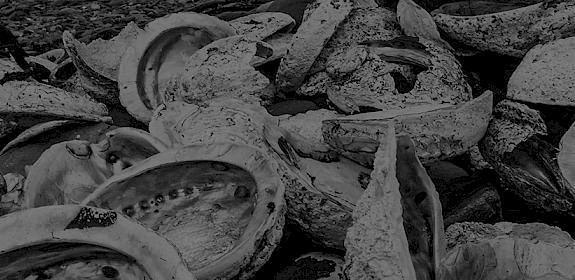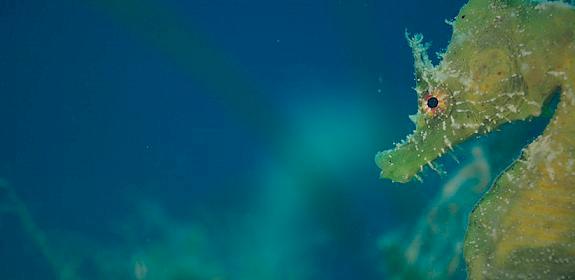Notes:
1 CITES is the Convention on the International Trade in Endangered Species of Wild Fauna and Flora.
Want to know how you can support work exposing international wildlife crime?
fight back against wildlife crime
A media package containing still images, graphics and a copy of the documentary can be accessed here.
Video footage from the documentary is available for use on request.
EMPTY SHELLS: INSIDE THE ILLEGAL ABALONE TRADE – watch the full documentary or watch the teaser documentary
THE ABALONE HEIST – watch an attempted in-transit robbery of a truck carrying farmed abalone.
About Arcadia

Arcadia is a charitable foundation that works to protect nature, preserve cultural heritage and promote open access to knowledge. Since 2002 Arcadia has awarded more than $1 billion to organizations around the world.
About ReTTA

ReTTA is a TRAFFIC project aiming to Reduce Trade Threats to Africa’s Wild Species and Ecosystems. The project is funded by Arcadia—a charitable fund of Lisbet Rausing and Peter Baldwin.




